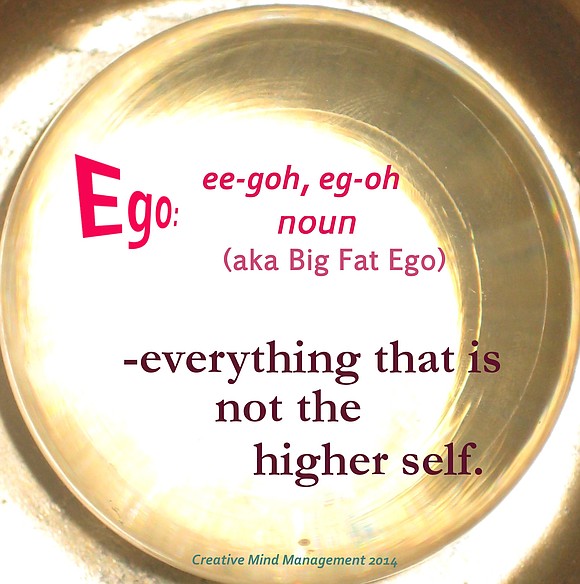Lovell's Food For Thought - Suggestions & Life Expectancy
Dr. Lovell Jones | 5/19/2017, 6 a.m.
After writing more than 100 op ed pieces, I find that I am now repeating myself. I am reminded of a passage from Famous Amos about knowing that a hole exists, but continuing to fall into the hole no matter what path one takes. To me Health Inequities falls in this category. Having spent the better part of my life addressing this issue, it is truly disappointing that, although the issue is more visible today than when I started this journey, in some aspects the situation is worse than when I started. I continue to quote Vince Lombardi, with a slight change, “the difference between success & failure in addressing health inequities is not the lack of knowledge, it is the lack of will. I would add, it is also the lack of value and time. If something is free, a free workshop or a free seminar, people with line up to attend. Or if it is put on by a major organization, the same. Even if the results have been not changes. This gets to the issue of value and how we value things. If it is white, it must be right and valued. If not, then it is to be questioned.
The only thing I have noticed is an increasing in number is more research center dealing with health inequities, more than there were 10 to 20 years ago. I once commented a major meeting on health disparities that there were more people not of color than of color at the meeting. This not to say all of them were there just because of the money now in health disparities, but I firmly believe that who you are, your life experience, determine the solution you come up with. Given this, It remains to be seen if all of this attention will result in are reduction in health inequities.
As I tell people, I have been at this too long, for I know who were there and not there at the beginning. I also know who were there when there was no money and who are there now that there is money. Again, there is a great deal of knowledge being generate, but is there a will and resources to put it to good use.
I have often been asked advice about who to work with in various fields, and my responses have always been, if that people you are intending to work with cares as much about your success and they do about their success, you have found the right mentor. The same can be said about addressing health inequities. If the person who is addressing the subject is as passionate about finding a solution as they are about publishing the next paper or getting the next grant, then maybe a solution is on the horizon.
I once said that we are entering the era of the “Health Disparities Pimps.” I believe that we are still in that era, with no end in sight, other than when the money runs out. They come in all genders, ethnic backgrounds, political persuasions, social economic backgrounds. However, you should never, as there say, judge a book by it cover. Some of my most ardent supports have been those you have never thought would have supported efforts to address health inequities. Maybe not for the right reason, but supporter none the less.
When I mentioned to a good friend that I was give up my full time academic position, he suggested the following. “Lovell, I would like you to consider what would be the result if you were to ask your colleagues, peers, mentees, etc., what do they think is the biggest contribution you could/should make to the "cause" at this point in your life, and what would be their thoughts on how? When I told, him I had not thought about that, his response was "remember you are a researcher... expand your scope of inquiry to stay relevant." These people know you and your contributions. It would be interesting to see what their suggestions will be.
This friend also sent me one’s life span in hours. Here is what it said. Imagine that you can live to a hundred, starting off with 876,000 hours. However, we sleep about 1/3 of our life, so that give us 578,160 hours. I am approaching 70, so if I live to be 100 that gives me a maximum of 174,448. But given the average life span of an African American male in Texas is 74.39, I have about 5 years or 43,000 or only 25% of the maximum. However, one report states that Black men are least likely to live past 70 and on average die just before that age. Given the fact that I have had two stroke and heart surgery, you might want to keep that in mind when making suggestions…








